An anti-driven grouse shooting campaigner has called the Angus moorland a “crime scene” ahead of the Glorious Twelfth.
August 12, named the Glorious Twelfth, marks the start of red grouse shooting season.
David Mitchell has been living on the edge of the Angus Glens for the last 18 years.
As a campaigner against driven grouse shooting, he claims the tradition is outdated and cruel, while advocate for grouse shooting, Ross Ewing, has defended it, arguing that it benefits rural communities socially, environmentally and economically.
So who do you think is right?
David argues there is no place for driven grouse shooting in today’s society.
He said: “It’s a Victorian concept and this is the 21st century.
“When I walk on these moors, I feel like I’m walking across a crime scene.”
Driven grouse shooting involves a row of beaters flushing the grouse skyward in large numbers to be shot.
It is seen as a more “intensive” process by groups like the The Royal Society for the Protection of Birds (RSPB).
David said ensuring these large numbers of grouse impacts the surrounding environment.
Known as predation control, gamekeepers will limit the number of animals which are seen to threaten the grouse, like foxes, weasels and crows, by trapping and shooting.
“Killing all these animals helps the grouse,” David argued, “burning all the heather aids the grouse.
“But the impact on other wildlife around about and the environment is absolutely dire.”
Thrill of the kill sickens Angus campaigner
Warning – image of dead animal in a trap below.
“Everything is done with the grouse in mind,” David argued, “to create these unnaturally high numbers, which you have to have if people are paying a couple of thousands pounds for a day’s shoot.
“As a consequence, you’ve really got to mess around with that environment purely for grouse.”
He claims that other animals, such as geese and rabbits, can get caught in the crossfire while gamekeepers try to protect the grouse.
David continued: “If I was that starving and I had to shoot a goose to live, I would eat it.
“But I wouldn’t shoot it for the pure pleasure of killing something.
“When you see them dumped in these gamekeepers’ stink pits, you have to ask what kind of people enjoy killing something and then dumping it?
“You’ve had your thrill, you’ve had your pleasure, so let’s just dump it.
“It just beggar’s belief.”
Driven grouse shooting a much-needed ‘celebration’
On the other side of the debate, are those emotionally invested in country sports.
Ross Ewing is the director of moorland at Scottish Land and Estates.
He has been involved in grouse shooting since he joined as a beater when he was just eight-years-old.
Despite the controversy and planned ‘Inglorious Twelfth’ protest by Extinction Rebellion at Dundee Airport, Ross is looking forward to Saturday’s “celebration”.
If you go to rural communities on the twelfth of August, what you will see is a complete display of community spirit.”
Ross Ewing, director of moorland at Scottish Land and Estates.
“I get that some people are strongly opposed to it, and that’s their right,” he said.
“I try not to get too down about it, and try to immerse myself in the beauty of the landscape and try to enjoy myself.
“Those who are involved will see it as a celebration.”
Ross argues that grouse shooting provides “considerable input” to rural communities.
He said: “There are communities in Perthshire and Angus which are pretty much sustained in their entirety by moorland activities like grouse shooting.
“I completely accept that a lot of people have probably never had the privilege of going out and shooting a grouse, or even being involved in putting on a grouse shooting day.
“But if you go to rural communities on the twelfth of August, what you will see is a complete display of community spirit which I will say is completely unparalleled anywhere else.
“So without it, we would really harm communities.”
Ross said that traps are intended to capture animals, like crows and stoats, which threaten the grouse.
He explained: “I wouldn’t say it’s a prioritisation of one species over the other, but ultimately that is the reason why it is being done.
“But if you ask a gamekeeper why they are undertaking predation management, they wouldn’t ever say it’s just for the grouse. They would see it as being something which benefits a broader range of species.”
Ross argued that animals like curlews would be lost if grouse shooting ended.
‘Long may grouse shooting continue’
“Ultimately,” Ross argued, “what we get from grouse shooting is a food resource, probably the most sustainable form out there.
“It’s only shot when the necessary density is there.”
While Ross agrees that the tradition itself comes from the past, he argues there is good reason for its continuing popularity.
“Ultimately, it came from Victorian times, it’s proliferated to this day, and there’s a reason for that.
“People enjoy doing it, it keeps people employed, and it keeps our environment in really good shape.
“That’s something I firmly and unequivocally believe in, so long may it continue.”
What do you think of driven grouse shooting? Let us know in the comments below.
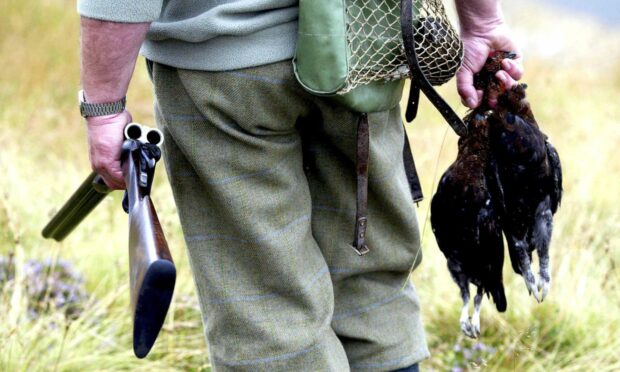
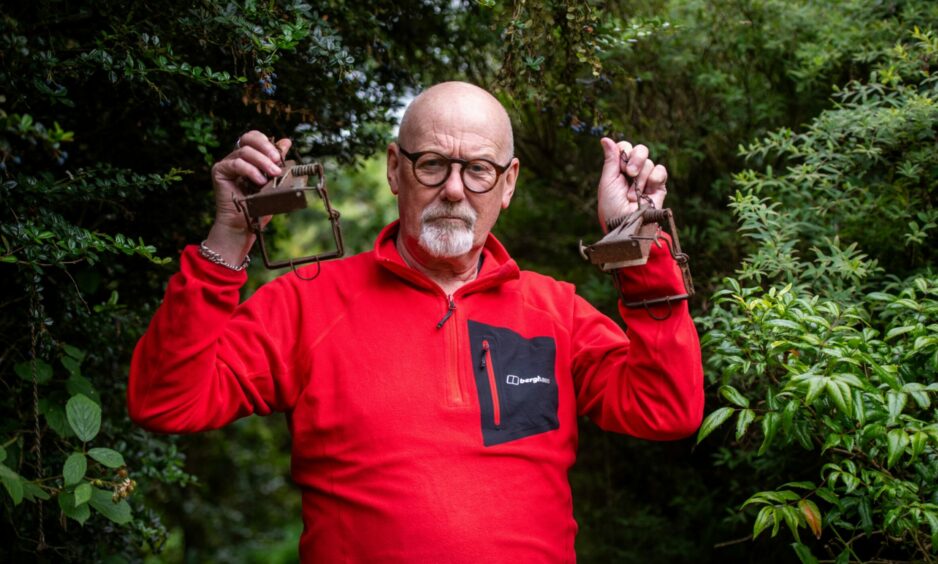
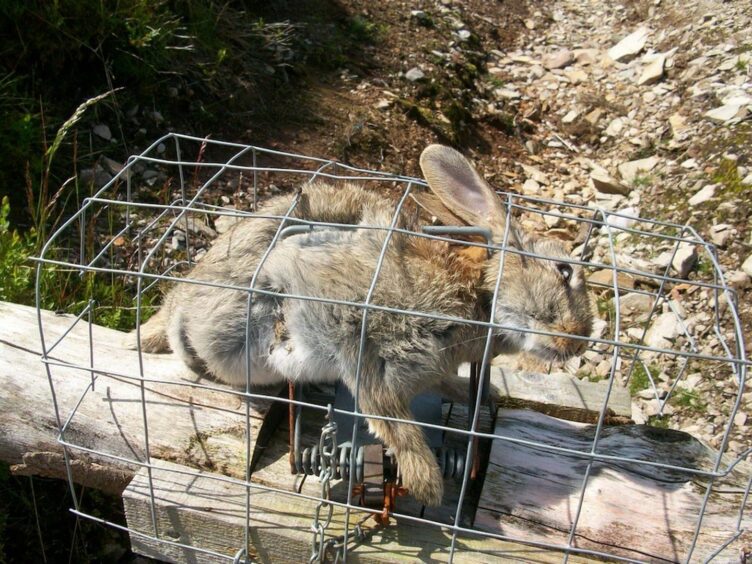
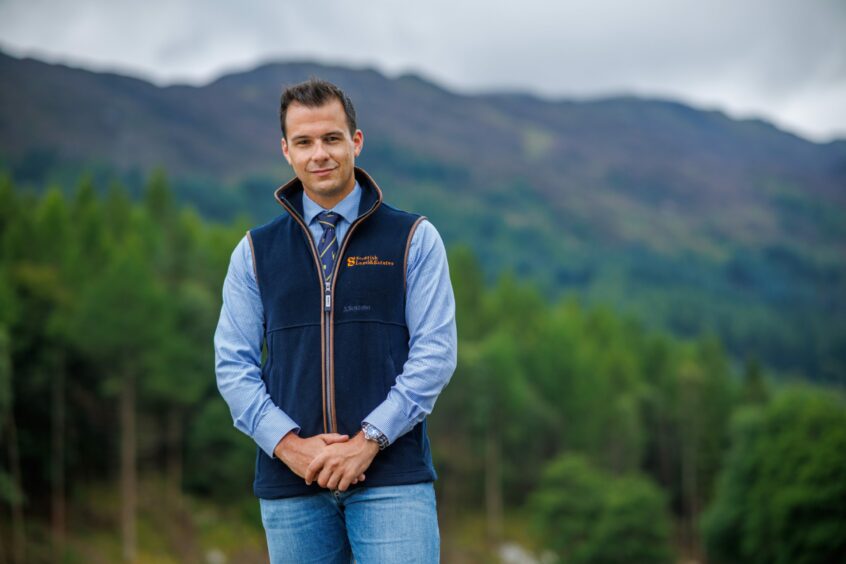
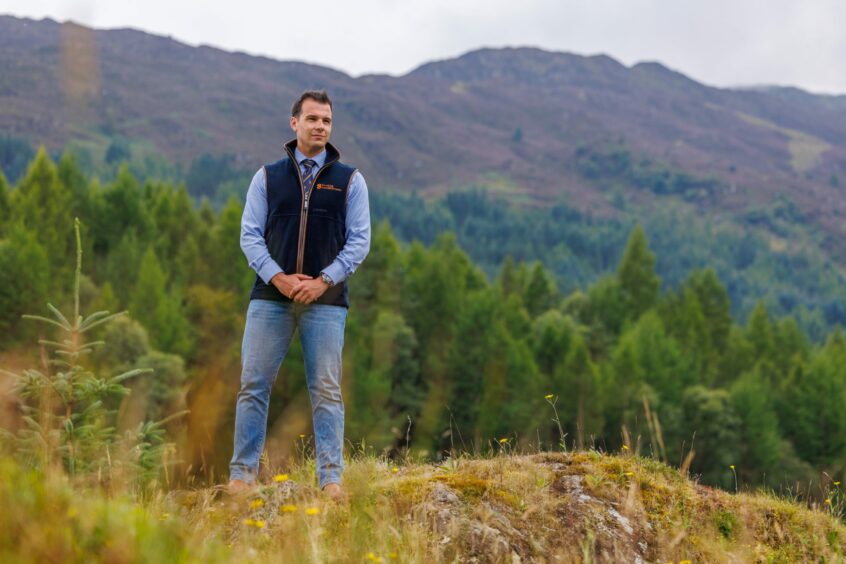
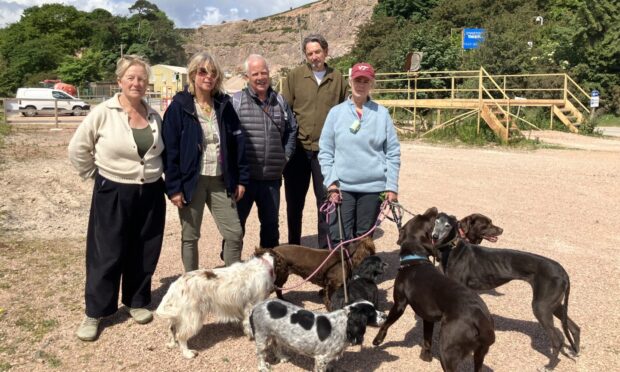









Conversation